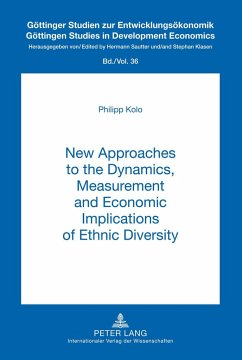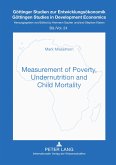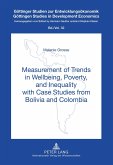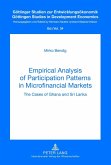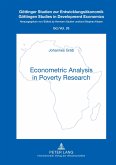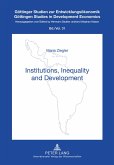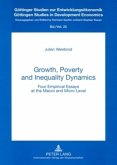This book examines the measurement and econometric effects of ethnic diversity. This issue is of great relevance to research and policy and is currently being discussed a great deal in the literature. In particular, a sizable literature has suggested that ethnic diversity constitutes a significant barrier to economic development. The precise measurement and interpretation of these results are a matter of substantial controversy. In this book, the dynamics of ethnic diversity are being empirically analyzed for the first time. Furthermore, it develops and applies a new measure of ethnic diversity which takes the distance between groups into account, thus focusing on diversity rather than mere fragmentation. This book convincingly confronts theoretical considerations with (new) data and thereby provides a good mix of theory and empirics, making significant contributions to the current debates.
Bitte wählen Sie Ihr Anliegen aus.
Rechnungen
Retourenschein anfordern
Bestellstatus
Storno

